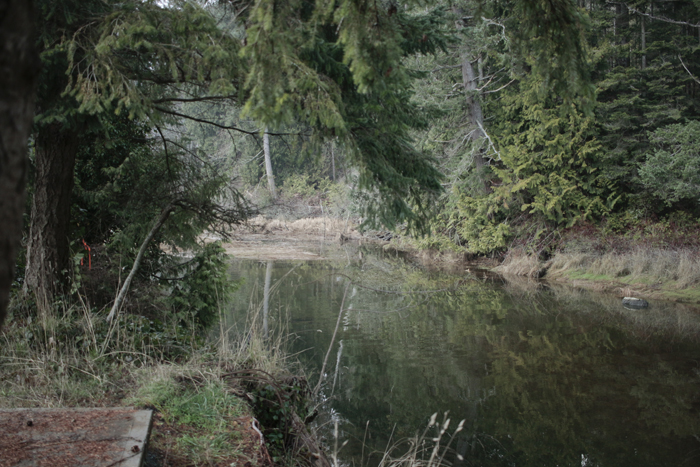The federal government announced sweeping changes to the Fisheries Act on Feb. 6.
If enacted, the changes will require all habitat decisions to be informed by Indigenous traditional knowledge, and provide protection and habitat restoration to all fish in Canada’s waterways.
Nick Claxton is an assistant teaching professor of Indigenous education at the University of Victoria. He says that while the amendment to include Indigenous peoples in the process is a step in the right direction, the changes might not go far enough.
“The changes are moving in the right direction, but as with other elements of reconciliation in Canada you wonder how far it will go,” Claxton said. “It’s proposed to help reconciliation with Indigenous peoples and I guess that is kind of where we need to start, trying to come to some kind of terms or agreement of what reconciliation actually means.”
The Douglas Treaties state that the Tsawout were to be able to “carry on [their] fisheries as formerly.” However, there is some controversy when it comes to the interpretation of the treaties.
Claxton said the Tsawout interpret the treaties as meaning fisheries are “to remain ultimately under our jurisdiction and under our traditional territory based on our laws and principles and teachings that have stood for thousands of years. That ultimately hasn’t happened. For this Fisheries Act to come in and say ‘here’s reconciliation,’ then from that perspective arguably it’s going in the right direction, but is it going far enough? That remains to be seen.”
The waterways around the Gulf Islands are home to many keystone species that are currently listed by the Committee on the Status of Endangered Wildlife in Canada. These species include different kinds of salmon and killer whales. The amendments being put in place to the Fisheries Act do add some protection to these animals, but will also have an effect on fishing and tourism in the area.
Rebuilding stocks of fish would mean slowing or stopping fishing of those species, which in turn would have an effect on the local economy. Though it may seem like the ocean is full of salmon, Greg Taylor, senior fisheries advisor for the Watershed Watch Salmon Society, said that things have never been more difficult for the salmon populations in the waters around the Gulf Islands and throughout southern B.C.
“We say that salmon are so important to us, and then understand that sockeye, steelhead, chinook and coho are all listed [as endangered] by COSEWIC and all heading [to be listed on the] Species at Risk Act,” he said. “At some point people have got to say when’s enough enough? I just don’t think people understand how bad things are for the salmon populations we all say we cherish.”
The Species at Risk Act is federal legislation that puts protections on endangered and at-risk species in Canada. COSEWIC is an independent group that assesses species’ viability and populations and refers them to the Species at Risk Act when they are considered at risk.
One of the main changes to the bill will be the inclusion of Indigenous peoples of Canada in the decision-making process. The bill will require the consultation of traditional knowledge before making any habitat decisions, and allows Indigenous peoples to participate in policy writing, reviews and monitoring of projects.
Taylor thinks that although the new amendments will benefit the fisheries as a whole, there are still some shortcomings when it comes to actually carrying out the changes.
“There are some really good things in the act, but people shouldn’t get their expectations up too high. The reason is they are setting themselves up to fail,” he said. “They just do not have the capacity or resources to do what they’re being asked to do now.”
For more on this story, see the Feb. 14, 2018 issue of the Gulf Islands Driftwood newspaper, or subscribe online.

